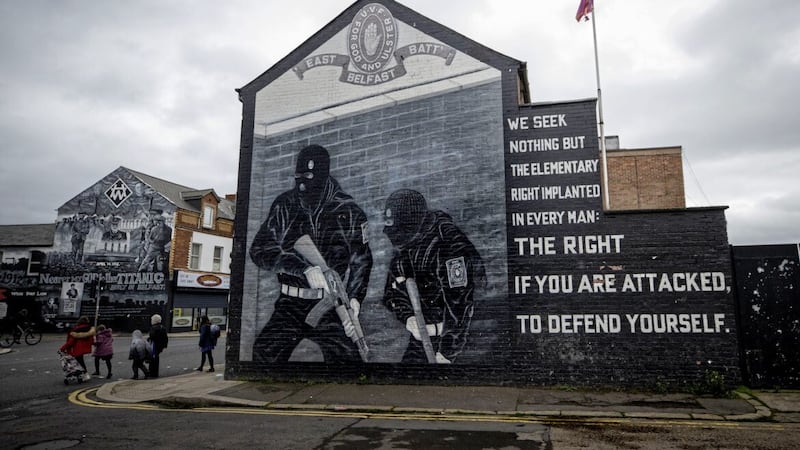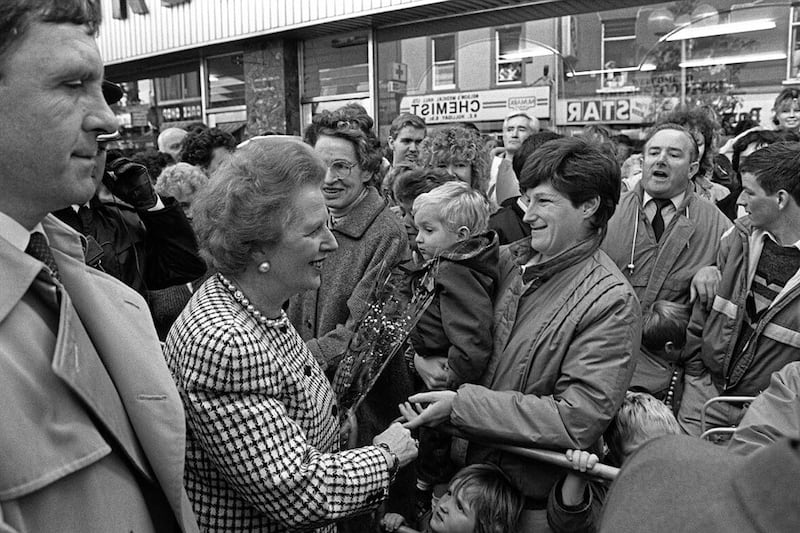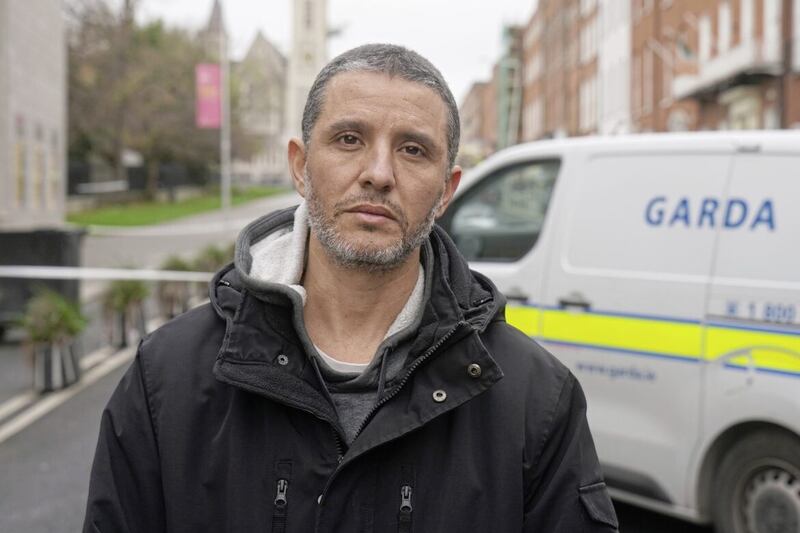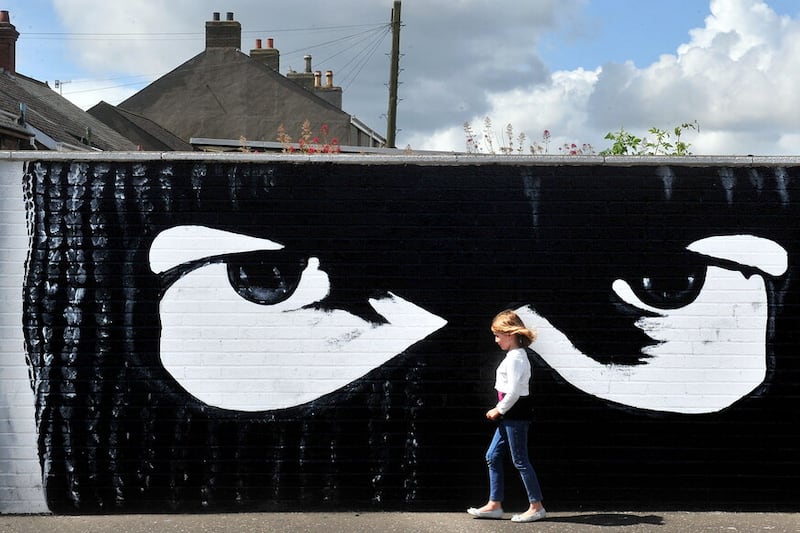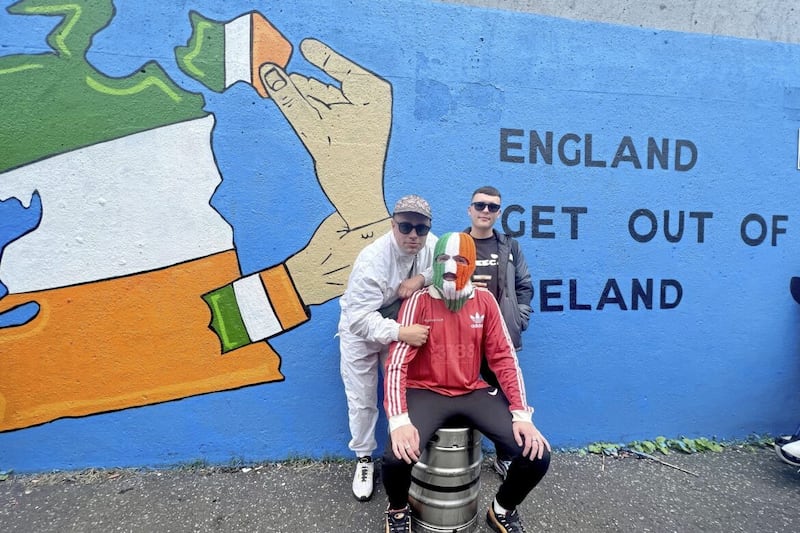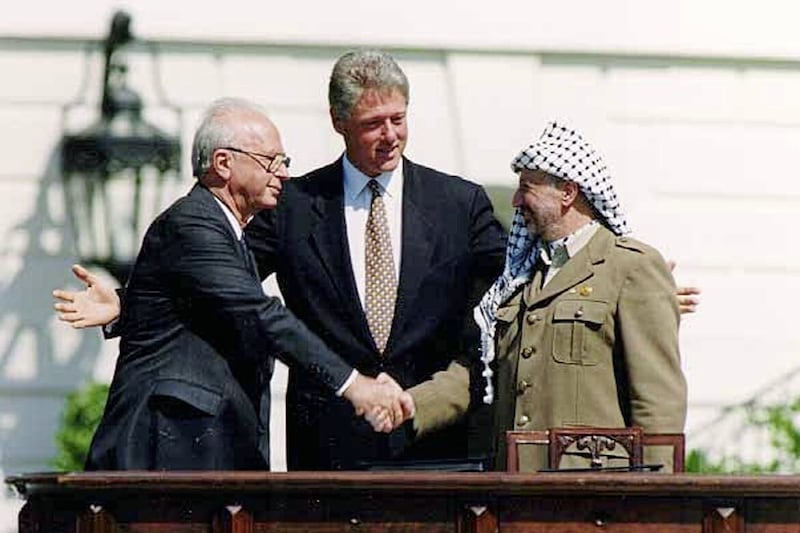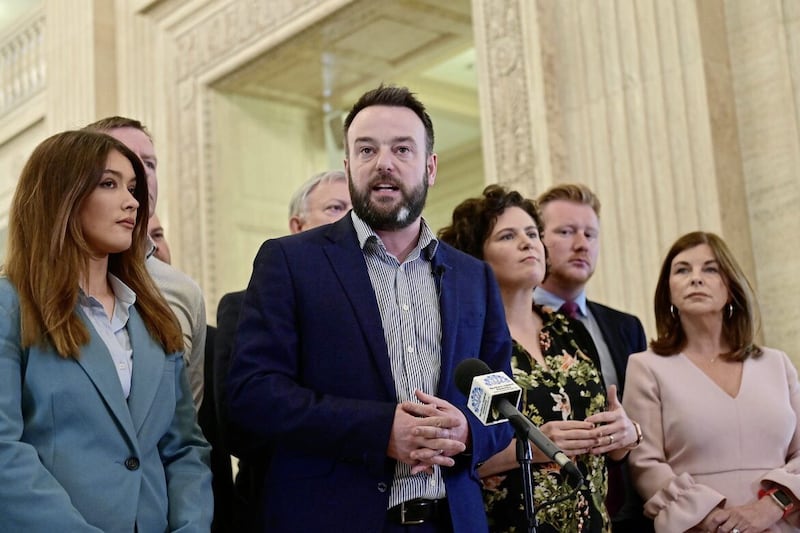TO many readers, the Independent Reporting Commission (IRC) will have little resonance. But it should.
Despite prominent board members, the IRC operates well below the public radar.
It was established as part of the misnomered Fresh Start Agreement. ‘Fresh Start’ was, by and large, a non-starter which mostly died at birth.
As with other cobbled-together, last-minute agreements, it was high on aspiration and low in realism.
It was also big on financial promises. Unfortunately those promises were like the night-blooming cereus blossom – a cactus which blooms one night a year only to die by the following morning.
So rather remarkably, the IRC escaped the death rattle of the not-so ‘Fresh Start’. Last week, they issued the fifth report on the state of paramilitarism in Northern Ireland.
Let’s re-cap on the rationale behind the IRC.
Those who proposed its establishment stated their primary goal was the ending of paramilitarism “once and for all”.
Safe to say, five years on from 2017, paramilitarism is still thriving in Northern Ireland.
The IRC conclude that the presence of these paramilitaries “remains a clear and present danger in and for Northern Ireland”.
To the average law-abiding citizen in the north, that’s a hugely depressing statement.
In fact, it’s an indictment of our political, judicial, policing and societal approach to tackling lingering paramilitarism.
The IRC correctly says to tackle loyalist paramilitarism at a grassroots level requires a multi-faceted approach involving tackling socio-economic factors as well as a policing and justice strategy for weeding out criminality. (The same would apply to the growth in activity of republican dissidents in some areas of the north.)
Security assessments suggest this twin-track approach of lots of carrot and very little stick may help paramilitaries transition and re-integrate with society. The PSNI seem to agree with the IRC on this way forward.
The public have less tolerance for a strategy which buys off paramilitaries. That intolerance is likely to have increased as hard-pressed working families struggle with a burdensome cost of living crisis.
There are no chargers on white horses coming to the rescue them from financial penury.
Many people had a not unreasonable expectation that by the twenty-fifth anniversary of the Good Friday Agreement, paramilitaries would have long ago exited stage left. Not so. They appear reluctant to let go their vice-like grip on long-suffering communities.
The IRC believe with the stop/start nature of northern politics that the initiative with paramilitaries has been lost because of a lack of sustained engagement by both the British and Irish governments and the Northern Ireland Executive.
The dysfunctional nature of the latter cannot be argued against. They failed to deliver a new community relations charter which should have been a no-brainer. So an expectation that they could or would tackle anything as multi-layered and complicated as the deep-rooted presence of paramilitarism is the stuff of unicorns.
So the IRC conclusions are partly right.
There does need to be engagement with paramilitaries. But that engagement has to be with willing partners and with a clear objective in sight – the permanent decommissioning of paramilitarism “once and for all”.
There has to be a time limit. There can be no torturous delays. And criminality needs to be dealt with severely. No policing with velvet gloves.
The IRC quotes the well-trodden practices of conflict resolution and group transformation which talks about three stages of Disarmament, Demobilisation and Reintegration.
It’s both laudable and hard work.
But ultimately paramilitaries are people who make lifestyle choices – just like you and me. No-one forces them to opt for a path of violence, intimidation, racketeering and sectarianism.
Their self-professed loyalty is to their twisted code of fidelity to self-preservation but masqueraded as country.
They are not patriots, they are parasites. Threatening to break ceasefires and abandoning a hard-won peace agreement doesn’t point to much enlightenment amongst some loyalists. Time will tell.

